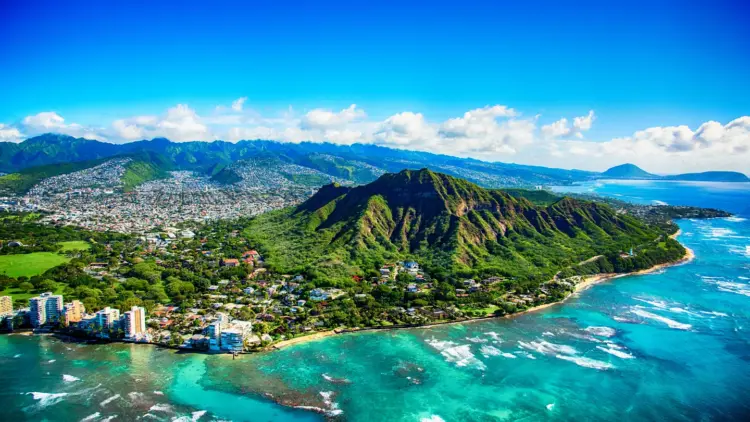Last week, Hawaii Attorney General Anne Lopez unveiled a novel strategy to authorize the use of cannabis for adults, an initiative described by a state legislator as the most effective to date. This approach permits the cultivation and distribution of recreational cannabis, safeguarding Hawaii’s pre-existing medical marijuana sector.
Since the legalization of medical marijuana in 2000, Hawaii only began licensing dispensaries for medicinal cannabis in 2018. In a recent development, a bill to legalize recreational cannabis was passed by the Hawaii Senate earlier this year, yet it did not receive backing from the state House of Representatives.
Legislators who reviewed the attorney general’s latest proposal for legalizing cannabis for adult use recognize it as a well-rounded approach, addressing previous pitfalls in attempts to reform marijuana policies.
“Attorney General Anne Lopez has effectively consolidated diverse viewpoints to draft a thorough bill,” remarked David Tarnas, head of the House Judiciary Committee, as reported by Hawaii News Now.
The proposed 294-page document for cannabis legalization by the attorney general proposes a 4.25% excise tax on recreational marijuana, along with a 10% additional tax. The tax revenue is intended to bolster educational programs for youth and enhance law enforcement resources.
State Senator Jarrett Keohokalole, leading the Consumer Protection Committee, expressed that this version of the plan is superior, particularly in addressing various previously encountered issues.
Strategy Inspired by Massachusetts’ Cannabis Legalization
Lopez’s strategy, mirroring the cannabis legalization approach of Massachusetts, encompasses a social equity program. This program aims to rectify the damages caused by long-standing cannabis prohibition, offering grants and support for illegal growers to transition into the regulated market.
“Bringing those involved in the illicit marijuana trade into the legal framework is crucial,” stated Lopez.
This legalization plan includes forming a 14-member law enforcement team dedicated to ensuring adherence to the state’s cannabis laws.
Lopez emphasized the need for a thorough investigative process to uphold the law.
As per Lopez’s strategy, the Hawaii Cannabis Authority would oversee the cannabis industry, enforcing regulations, establishing product safety testing labs, and rolling out social equity and health education initiatives.
The 10% additional tax on cannabis will not apply to medical marijuana, in a move to support medical users and the existing industry. Initial sales of recreational cannabis are expected to start at medical dispensaries, which have already gone through the state’s licensing process.
“These dispensaries are primed and ready for market,” Lopez added.
Retail sales of cannabis for adult use under this plan would commence 18 months post-enactment of the law. Legislators deem this delay necessary for effective implementation. While Keaohokalole anticipates introducing and passing the plan in the upcoming legislative session, Tarnas expressed uncertainty about this timeline due to the legislature’s focus on recent wildfires in Maui and state budget discussions.
Earlier attempts by Hawaii lawmakers to legalize cannabis for adult use fell through this year. The Senate-approved bill, Senate Bill 669, which would have legalized marijuana for individuals over 21 and set up a licensed market for its sale, did not pass the House of Representatives.
OTHER NEWS: House Lawmakers Call on DEA to End Cannabis Prohibition









